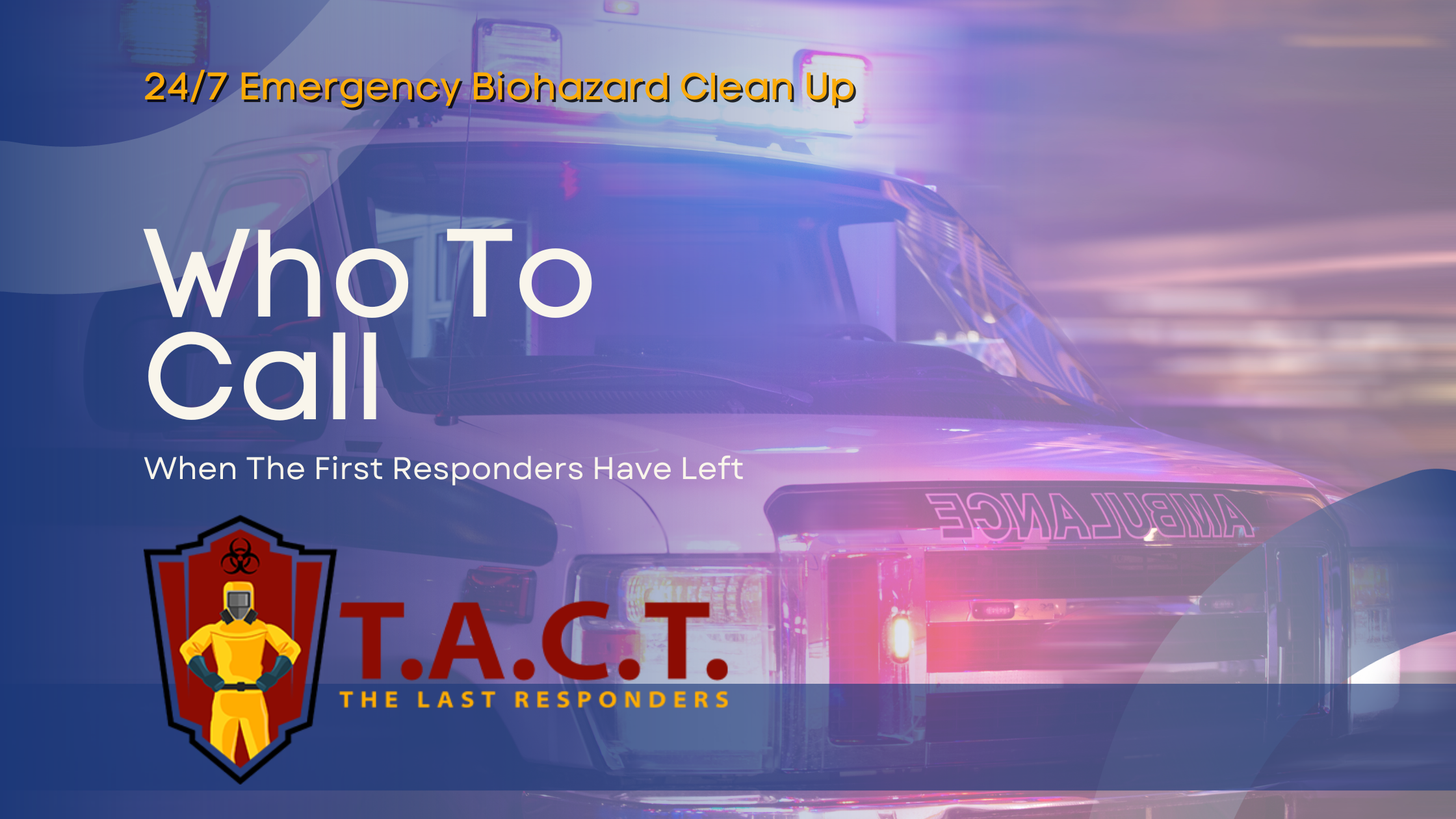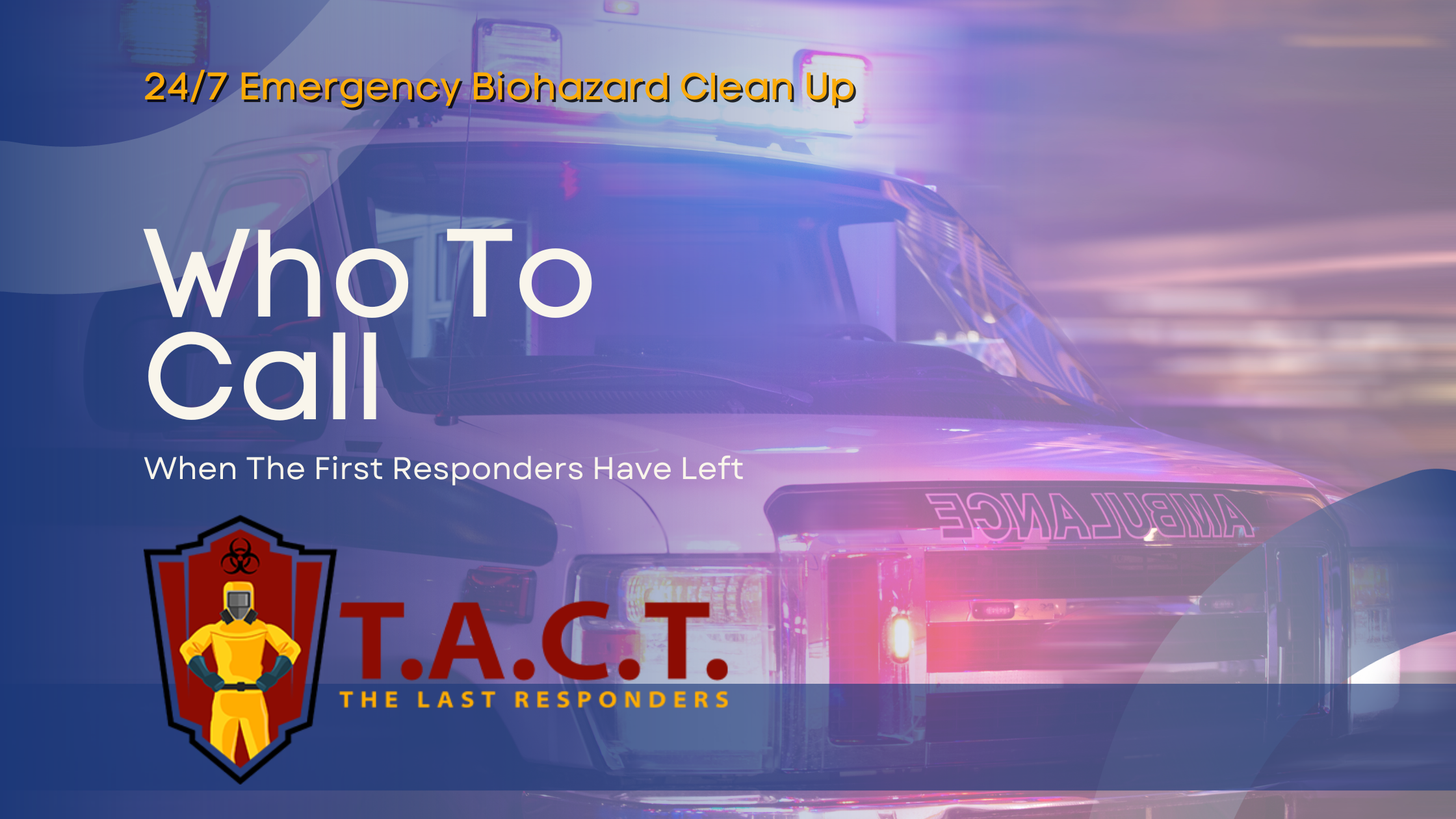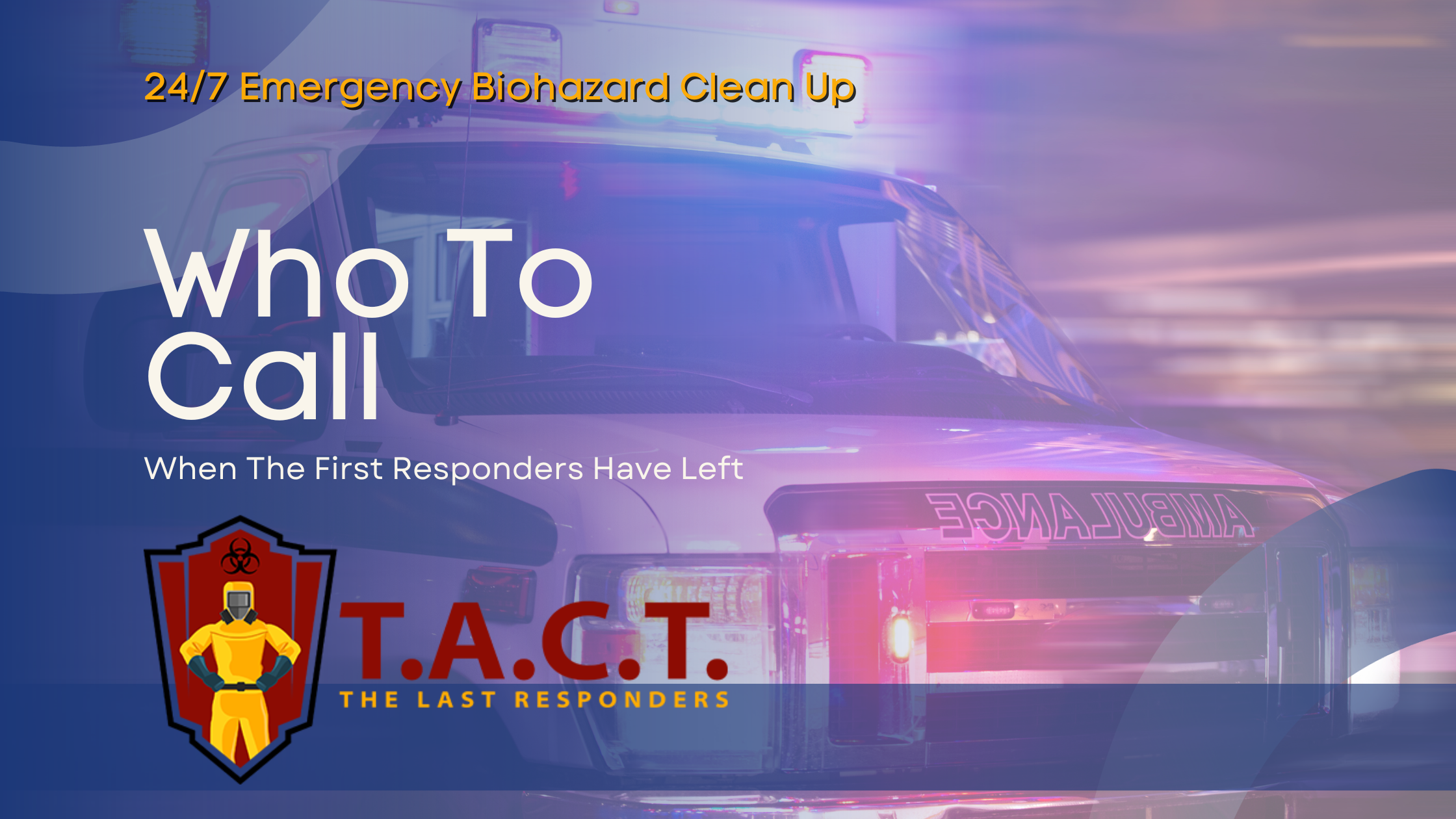How to clean up Rat urine and Feces safely and efficiently
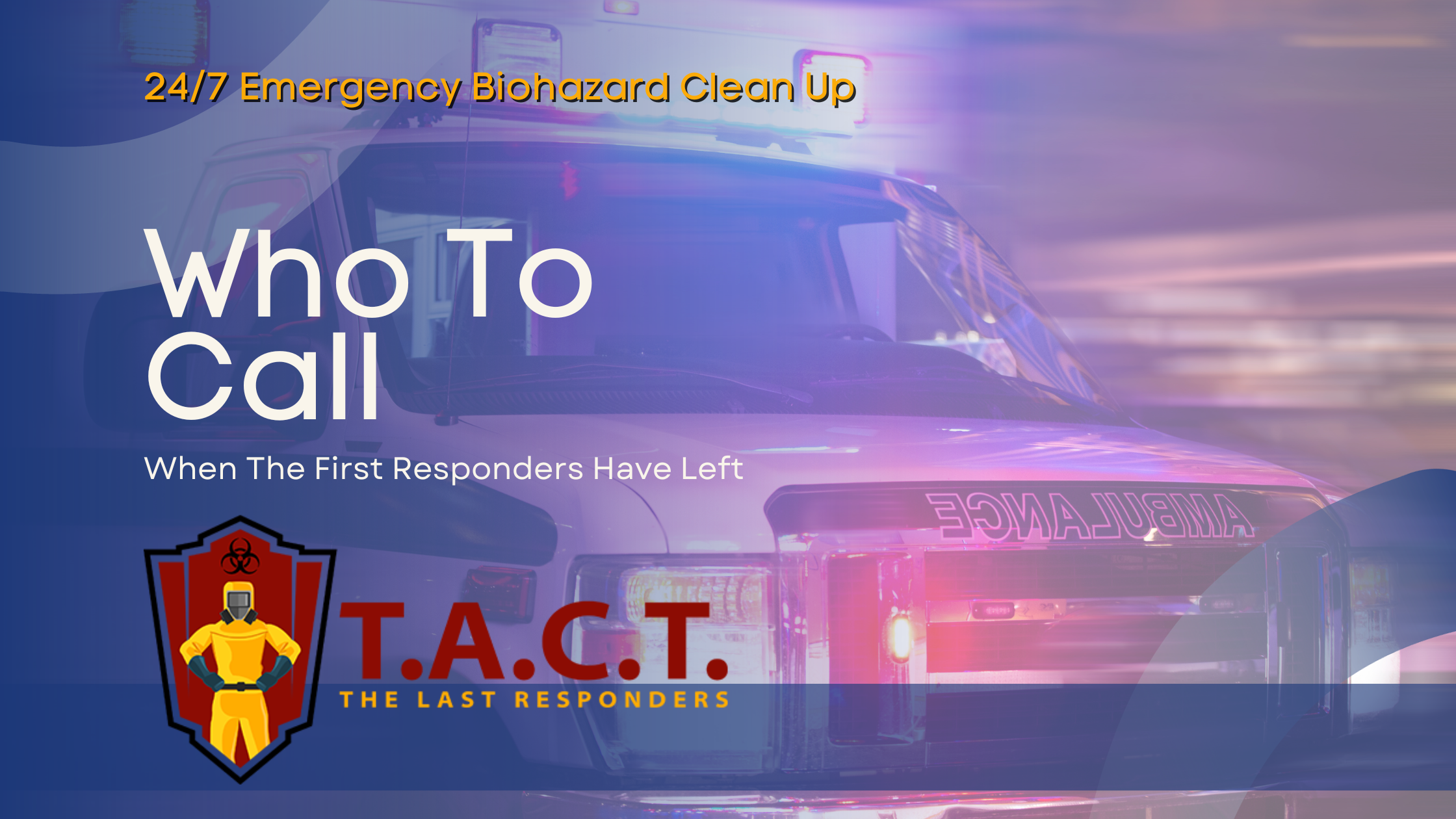
How to Clean Rat Urine and Feces Safely and Effectively
Cleaning rat urine and feces is essential due to health risks. This guide will show you the steps on how to clean rat urine and feces properly, keep your home safe, and prevent future infestations.
Key Takeaways
Rat urine and feces pose significant health risks, including the transmission of diseases such as hantavirus and leptospirosis, necessitating immediate cleanup.
Prevention and safety preparation, such as wearing protective gear and proper ventilation, are essential before starting the cleanup process of rodent waste.
To prevent future infestations, maintain cleanliness, secure food storage, and seal entry points, while professional pest control may be required for severe infestations.
Understanding the Health Risks of Rat Waste
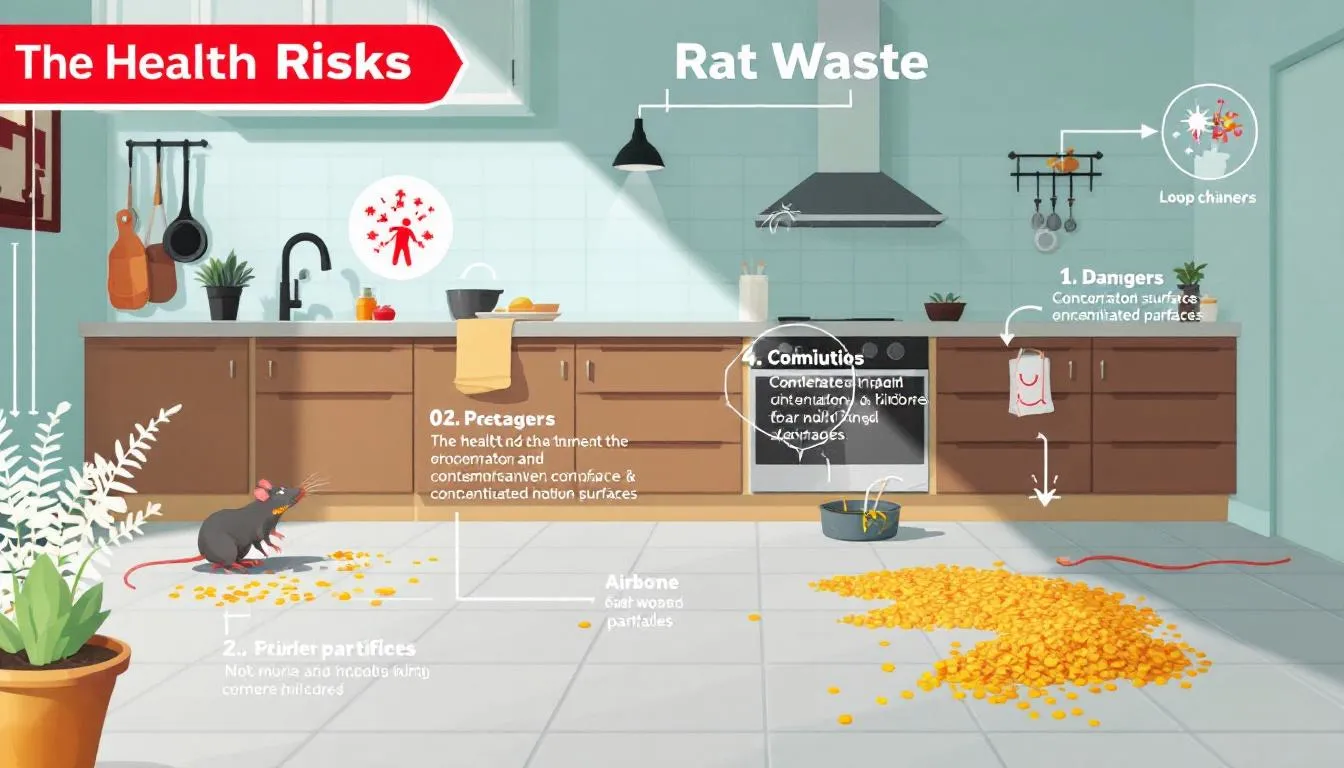
Rat urine and feces are not just unpleasant to look at; they are a significant health hazard. These wastes can transmit various diseases, including hantavirus pulmonary syndrome and leptospirosis. Hantavirus, for instance, can cause severe respiratory issues and even respiratory failure, making it a critical concern for anyone exposed to rodent waste, including rat droppings and urine droppings. Leptospirosis is a dangerous illness. It is a bacterial infection that is transmitted through rat urine. If left untreated, it can lead to severe health complications, including kidney damage, renal syndrome, and rodent borne diseases.
Salmonellosis is another disease associated with rat waste and can cause symptoms such as diarrhea and abdominal pain. The bacteria in rat feces can easily contaminate food and water sources, leading to outbreaks of this uncomfortable and potentially dangerous serious illness. Rodents, including rats, can carry disease, making prompt cleanup and disinfection of areas contaminated by rat waste essential to prevent such health hazards.
Leaving rat feces and urine in your home significantly increases the risk of serious health issues. The harmful pathogens present in rat waste and rodent droppings, including those from a dead rodent, can linger and proliferate, making your living environment a breeding ground for diseases. Understanding these potential health risks underscores the importance of immediate and thorough cleanup whenever you encounter rodent waste.
Preparing for Cleanup: Essential Safety Gear
Before you begin cleaning, it’s crucial to prepare adequately to protect yourself from potential health hazards. Here are the essential preparation steps:
Wear rubber or plastic gloves to prevent direct contact with fecal matter and urine.
In areas with heavy rodent presence, use additional protective gear such as coveralls and disposable shoe covers.
Ventilate the area by opening doors and windows for at least 30 minutes before starting to minimize exposure to airborne pathogens.
A respirator with HEPA filters is recommended to prevent inhalation of harmful particles. This is particularly important when dealing with a severe rat infestation, where the risk of airborne pathogens is higher. Gather all necessary cleaning materials, including disinfectants and cleaning solutions, before you begin. Having everything on hand will ensure a smoother and more efficient cleanup process.
Remember, safety precautions are not just for your hands and respiratory system; protecting your eyes with goggles is also a good practice. The goal is to minimize any direct contact with the rodent waste and ensure you wear protective gear, including wearing rubber gloves, to be fully protected from potential health risks, including mouse droppings.
Initial Cleanup Steps
Once you are geared up with the necessary protective gear, the initial cleanup steps involve:
Inspecting the area for visible droppings or solid waste that need to be cleaned up.
Wearing a dust mask or a comparable face mask to protect yourself from inhaling harmful particles.
Carefully pick up any visible droppings using paper towels, being cautious not to spread them.
If the rat feces are dried and hardened, follow these steps:
Dampen them with water and a mild detergent before cleaning. This preventive measure helps to avoid the spread of harmful particles that could become airborne.
After picking up the droppings, seal them in a plastic bag to prevent further contamination.
Dispose of them properly.
Make sure to inspect your home thoroughly to identify all contaminated areas. This initial step is critical to ensure that no rat waste is left behind, which could continue to pose health risks. Seal entry points to prevent future infestations, making your home safer in the long run.
Disinfecting Surfaces

After removing the visible waste, the next step is to disinfect the contaminated surfaces thoroughly. Using a strong bleach solution or commercial disinfectants is key to killing harmful germs and pathogens present in rodent infestations. Spray the disinfectant directly onto the contaminated areas before you begin cleaning to ensure that germs are eliminated effectively.
Allow the disinfectant to sit on the surfaces for at least five minutes. This waiting period ensures that the disinfectant has enough time to kill all the harmful bacteria and viruses. After the disinfectant has done its job, scrub the area thoroughly with hot water to remove any remaining waste and pathogens.
Once scrubbing is complete, rinse the area with clean water and allow it to dry completely. This step is crucial to avoid any lingering dampness, which could lead to mold growth. Proper cleanup and disinfection are essential to ensure that your home is free from harmful pathogens and safe for your family.
Deodorizing the Area
Even after thorough cleaning and disinfection, the smell of rodent urine and feces can linger. Deodorizing the area is an essential step to ensure that all traces of odor are removed. Enzymatic cleaners are particularly effective because:
They break down urine stains
They neutralize persistent odors caused by rodents
They work by breaking down organic matter, making them highly effective for this purpose.
Thorough cleaning may involve multiple applications of cleaning products to ensure all traces of odor are eliminated. This step not only improves the living conditions but also helps prevent future infestations by removing the scent markers that attract other rats.
Ensure that you follow the instructions on the enzymatic cleaner for the best results. By completely eliminating the odors, you create a more pleasant and hygienic living environment for you and your family, especially when using household bleach.
Cleaning Carpets and Upholstered Furniture
Cleaning carpets and upholstered furniture contaminated by rodent waste requires special attention. Start by blotting the affected area gently with paper towels or absorbent cloths to remove as much urine and feces as possible. Select an appropriate cleaner designed for the specific type of fabric you are treating.
Before using the cleaner:
Perform a spot test on a small, inconspicuous area to ensure it does not cause discoloration or damage to the fabric.
Once you are confident the cleaner is safe, apply it to the affected area.
Follow the instructions provided.
Be careful not to oversaturate the area. Doing so may result in the growth of mold or mildew. Proper cleanup of carpets and furniture is crucial to eliminate all traces of rodent waste and prevent any health hazards.
Proper Disposal of Contaminated Materials
Proper disposal of contaminated materials is a critical step to ensure that the cleaned area remains safe. Seal the contaminated materials, including droppings or nesting materials, in a plastic bag. For extra protection, place the sealed plastic bag inside a second bag.
Dispose of the sealed plastic bags in a covered garbage bin that is regularly emptied to minimize health risks. This practice ensures that the contaminated materials are securely contained and do not pose a health hazard to anyone handling the trash.
Proper cleanup and disposal are essential to prevent the spread of harmful pathogens. By following these steps, you can ensure that your home remains a safe and healthy environment.
Preventing Future Infestations
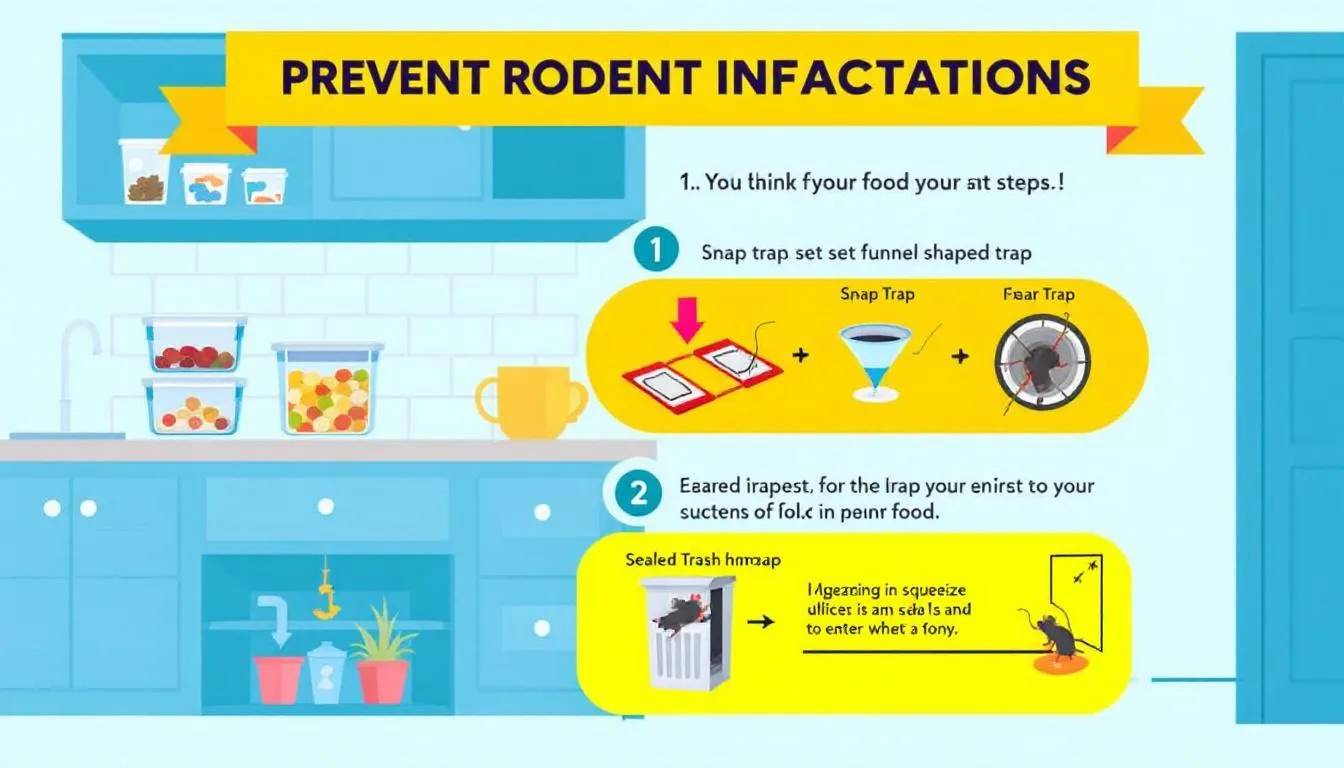
Preventing future rodent infestations is key to minimizing exposure to hantavirus and related health risks. To reduce the risk of infestation:
Avoid improperly storing food and rubbish, as these are common attractions for rodents.
Store pet food in secure containers.
Keep all food sources out of reach of rodents.
To prevent rodent infestations:
Seal gaps and holes around your home to reduce the chances of rodent entry.
Regularly inspect your property for potential entry points and signs of rodent activity to catch infestations early.
Maintain a clean and clutter-free home to make it less attractive to rodents and help prevent future infestations.
Effective rodent control involves thorough inspections and addressing environmental factors that contribute to infestations. By taking these preventive measures, you can protect your home and health from the dangers of rodent infestations.
When to Call Professional Rodent Control
In some cases, dealing with a rodent infestation can be overwhelming, and calling professional pest control services is the best option. Professionals offer:
Expertise in managing rodent infestations effectively
Specialized equipment
Targeted solutions
Thorough cleaning of affected areas
Implementation of measures to prevent future infestations
Timely intervention by pest control experts can minimize property damage and health risks associated with rodent infestations. If you encounter a severe rat infestation or find the cleanup process daunting, do not hesitate to seek professional help.
Professional rodent control services offer comprehensive solutions to ensure your home is safe, clean, and free from live rodents. Their expertise can make a significant difference in managing and preventing rodent infestations.
Maintaining a Clean and Safe Home
Maintaining a clean and safe home requires regular cleaning, vigilant monitoring for signs of rodents, and preventive measures. Store food properly, keep your home clutter-free, and seal any potential entry points to prevent future infestations. Using glue traps, rat traps, snap traps, and other rodent control methods can help you monitor and manage rodent activity effectively.
Professional services employ eco-friendly methods and advanced techniques that are safer for children and pets compared to DIY approaches. Regularly cleaning and monitoring your home will ensure that it remains free from rodent infestations and the associated health risks.
By following these steps, you can maintain a clean and safe living environment for you and your family. Regular upkeep and preventive measures are key to keeping your home rodent-free.
Summary
In summary, cleaning rat urine and feces safely and effectively is crucial to maintaining a healthy living environment. Understanding the health risks, using the right safety gear, and following a structured cleanup process are essential steps in this journey. Preventive measures and regular monitoring can help keep your home free from rodent infestations.
We have covered various aspects of cleanup, from initial steps to disinfecting surfaces, deodorizing, and proper disposal of contaminated materials. Preventing future infestations and knowing when to call professional rodent control servicesare also vital components of maintaining a safe home.
By following the guidelines provided, you can ensure that your home remains clean, safe, and free from the dangers of rodent waste. Take action today to protect your health and the well-being of your family.
Frequently Asked Questions
What diseases can be transmitted through rat urine and feces?
Rat urine and feces can transmit hantavirus pulmonary syndrome, leptospirosis, and salmonellosis, which pose significant health risks. It is crucial to take precautions to avoid exposure to these pathogens.
What safety gear should I use when cleaning up rat waste?
When cleaning up rat waste, it is crucial to use rubber or plastic gloves, a respirator with HEPA filters, goggles, and protective clothing like coveralls and disposable shoe covers. This gear will help ensure your safety and minimize health risks.
How should I dispose of contaminated materials after cleaning?
It is essential to seal contaminated materials in a plastic bag, place it inside a second bag for added protection, and then dispose of it in a covered garbage bin that is emptied regularly. This ensures safe and responsible disposal.
What are some preventive measures to avoid future rodent infestations?
To avoid future rodent infestations, it is essential to seal gaps and holes, store food in secure containers, maintain cleanliness, and regularly inspect your property for signs of activity. Implementing these measures will significantly reduce the risk of infestations.
When should I call professional rodent control services?
You should call professional rodent control services when facing severe infestations, feeling overwhelmed by cleanup, or requiring expert solutions for effective management. Prompt action ensures a safer and more efficient resolution to your rodent problem.

